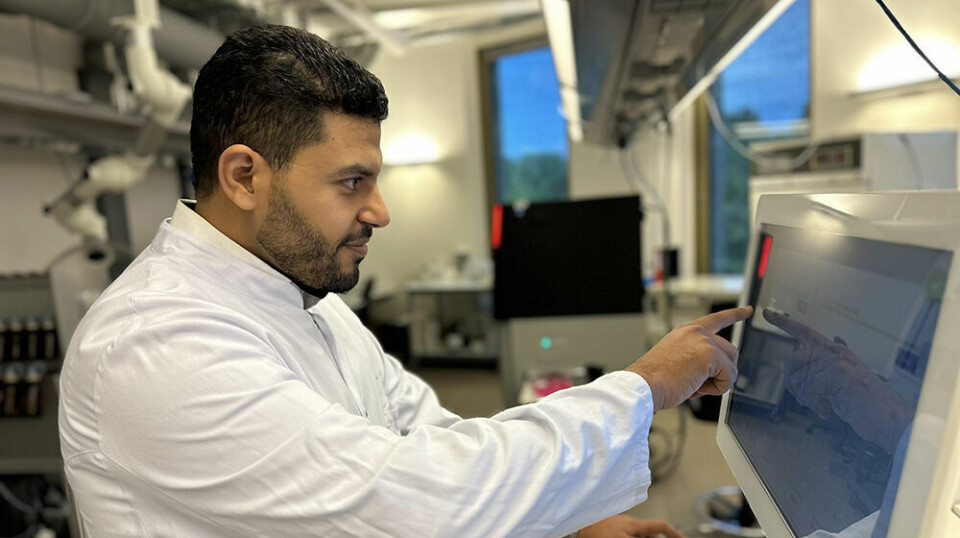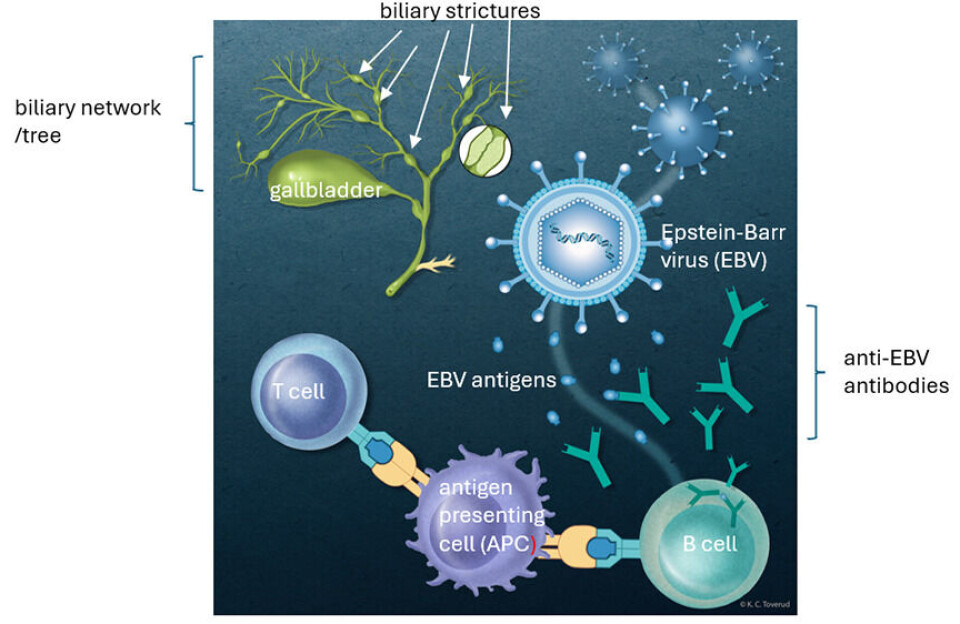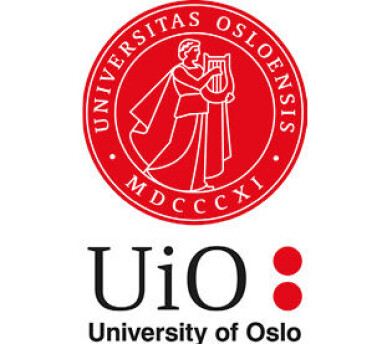THIS CONTENT IS BROUGHT TO YOU BY University of Oslo - read more
Researchers have found a link between mono and the liver disease PSC
Mononucleosis is common among youth, and researchers now believe stopping the virus may also reduce the risk of developing the severe liver disease PSC.

This article was updated 14.08.25
Primary sclerosis cholangitis, abbreviated to PSC, is a rare liver disease that destroys the bile ducts. It is a severe condition for which there is currently no effective treatment. PSC often leads to patients needing a liver transplant.
“The cause of PSC is unknown, but it has long been suspected that people who develop PSC have changes to their immune system that contribute to the development of the disease,” says Brian K. Chung.
He is a researcher at the Norwegian PSC Research Center (NoPSC) at the University of Oslo and Oslo University Hospital.

In a new study, researchers have found a strong link between PSC and mononucleosis (mono).
“This is the first time we can establish a strong association between this virus infection and PSC,” says Chung.
Preventing mono may reduce the development of PSC
Could preventing mono reduce the probability of developing PSC? The researchers believe so.
“Our findings suggest that if we can prevent infectious mononucleosis, we may significantly reduce the likelihood of developing PSC,” says Chung.
The results of the study may also offer the possibility of targeting the immune response in patients with PSC against the viral infection.
“If we can target the immune response in people with PSC against the infection, we may limit the damage from severe Epstein-Barr virus infection or reinfection,” he says.
Caused by the Epstein-Barr virus
Mononucleosis is caused by an infection with a virus called the Epstein-Barr virus (EBV). The virus is a member of the herpes virus family that can remain inactive in the body long after the acute infection.
“This is a very common herpesvirus that infects more than 95 per cent of people in their lifetime,” Chung says.
Typically, the virus causes mild symptoms in those infected.
“However, EBV infection can also lead to a more severe infection known as infectious mononucleosis,” he says.
It can cause a sore throat, intense pain, high fever, body aches, and swollen lymph nodes in the neck. The virus might also lead to enlargement of the liver and spleen. In some people, the illness can last for several months.
Do people with PSC have changes in their immune system?
In the study, the researchers wanted to determine whether patients with PSC exhibit changes in their immune system compared to those without PSC.
They therefore compared immune cells in patients with PSC to those in healthy control subjects.
Both T cells and B cells are essential parts of our immune system, but they have slightly different roles in protecting against viruses. T cells can recognise cells in the body that are infected by viruses. B cells produce antibodies against them.
“T cells and B cells are key immune cells because they control infections and can kill cancer cells, among other functions. However, they can also inadvertently destroy healthy tissue by mistake, including the bile ducts in patients with PSC,” says Chung.
T cells remember past infections
To study these important immune cells, the researchers used several advanced immunological methods. Among other things, they used a technique where they can define and analyse T cells.
Since T cells retain memory of past infections, researchers can identify which T cells have been activated in our immune system.
Found both T cells and B cells relevant to mononucleosis
The researchers found several things:
“We saw that patients with PSC have a significantly higher percentage of T cells recognising EBV compared to healthy controls,” says Chung.
Then the researchers found B cells with antibodies against the Epstein-Barr virus.
“We could show that PSC patients had a greater proportion of B cells that produced antibodies against EBV compared to healthy individuals,” he explains.
That suggests that the patients have had mononucleosis in the past.
Many of the T cells and antibodies were also targeted at parts of the virus that are released when the virus is active.

People with mono are nearly 5 times more likely to develop PSC
The final step the researchers took was to analyse electronic health records of more than 116 million people.
“We found that people who developed infectious mononucleosis were 4.6 times more likely to develop PSC compared to those who did not have infectious mononucleosis,” says co-author Michel V. Hadjihannas.
He explains that this, along with their findings on T and B cells, strongly supports an immunological link between Epstein-Barr virus infection and PSC.
Could a vaccine against mono be a possibility?
The researcher notes that their findings align with a growing body of research showing that the EBV is a strong risk factor for various chronic diseases, such as multiple sclerosis (MS) and inflammatory bowel disease (IBS).
“Given that EBV is linked to so many bad outcomes, there has been a long-standing interest in developing a vaccine against the EBV, but none have been successful thus far,” Chung says.
Such a vaccine could be a possible treatment for people with PSC.

“It would be great to have a vaccine that ensures we have a strong immune system ready to fight EBV at all times. And a treatment that kills EBV-infected B cells, so that there is less of virus around to cause trouble,” says Chung.
The next step
Researchers at the Norwegian PSC Research Center have previously identified several gene variants that increase the risk of developing PSC. The findings of this study build on these earlier genetic studies.
“We see that several of the most important gene variants we have previously found are related to the immune system's recognition of the Epstein-Barr virus,” says professor and head of research Tom Hemming Karlsen.
Going forward, the researchers will try to understand how the virus impacts the development of PSC.
“We believe that the EBV is most important in the very early stages of disease development in PSC. Exactly how, remains to be seen,” he says.
———
This article was updated 09:10 on 14.08.25
The original version said that people with mono were 12 times more likely to develop PSC than those who did not have mono, which is incorrect. People with mono are 4.6 times more likely to develop PSC, as reflected in the updated version.
Reference:
ElAbd et al. T and B cell responses against Epstein–Barr virus in primary sclerosing cholangitis, Nature Medicine, 2025. DOI: 10.1038/s41591-025-03692-w

This content is paid for and presented by the University of Oslo
This content is created by the University of Oslo's communication staff, who use this platform to communicate science and share results from research with the public. The University of Oslo is one of more than 80 owners of ScienceNorway.no. Read more here.
More content from the University of Oslo:
-
"Everyone knows it, everyone’s seen it. Most people have a perception of nightlife chaos”
-
Music in film and TV: “It's a form of manipulation”
-
Can you take antidepressants while pregnant?
-
Where humans outshine AI: “There's something hopeful in these findings”
-
Why we need a national space weather forecast
-
Mainland Europe’s largest glacier may be halved by 2100





































